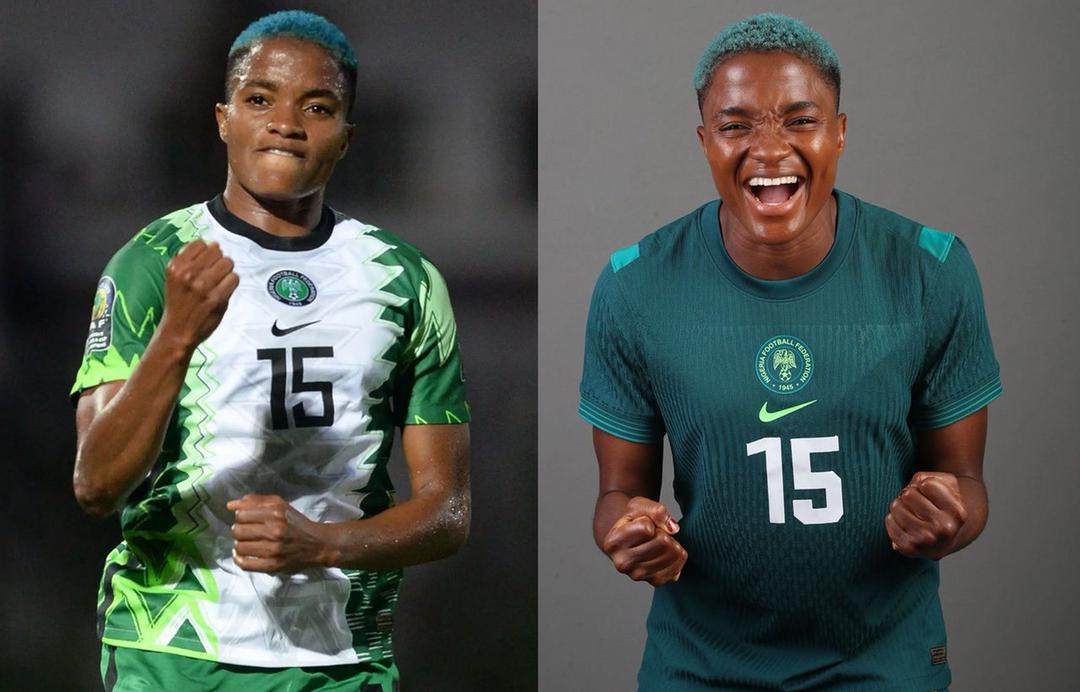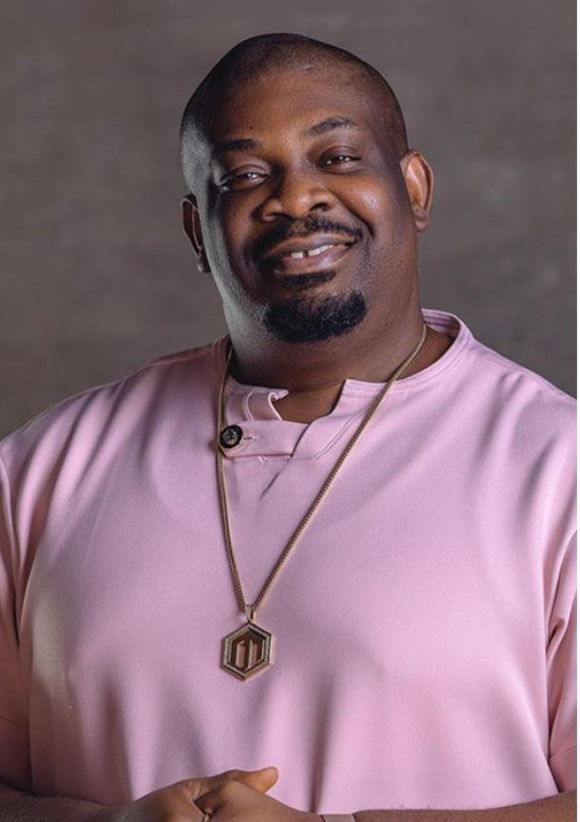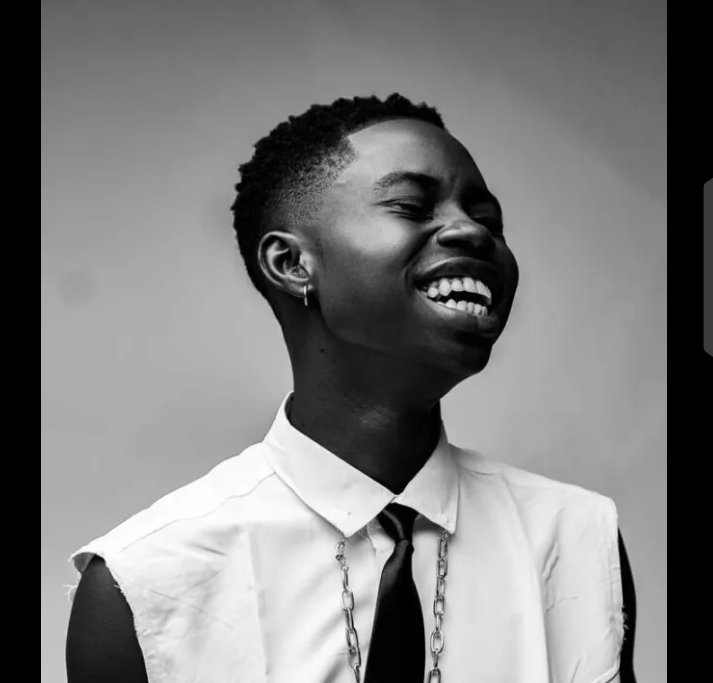
Empty Promises? Super Falcons Captain Rasheedat Ajibade Breaks Silence on FG’s $100k Reward for WAFCON Triumph

The joy of victory for Nigeria’s Super Falcons at the recently concluded Women’s Africa Cup of Nations (WAFCON) has been dampened by a cloud of uncertainty over financial rewards, as team captain Rasheedat Ajibade has revealed that the players have not yet received the much-publicized $100,000 cash gift promised by the Federal Government, alongside other benefits pledged in recognition of their historic win. Ajibade, known for her fierce commitment both on and off the pitch, made the revelation during a media briefing, sparking a fresh wave of public debate about the government’s sincerity in honouring its commitments to the country’s sporting heroes. The statement came as a surprise to many Nigerians, who had assumed that the federal authorities would swiftly fulfil their promises after the team’s record-setting performance that secured Nigeria’s dominance in women’s football on the continent. The promise, announced with much fanfare shortly after the Falcons lifted the trophy, had been celebrated as a gesture of appreciation for the team’s hard work, dedication, and ability to bring pride to the nation despite challenges. However, weeks after the victory parade and congratulatory events, the players are yet to see a kobo of the promised reward, leaving them in limbo and raising eyebrows over what could be causing the delay.
Ajibade’s statement was not just a casual remark—it was a deliberate call for accountability. “We’ve not received anything yet,” she said plainly, when asked about the status of the federal government’s financial commitment. Her words quickly caught fire on social media, igniting passionate reactions from fans, analysts, and stakeholders in Nigerian sports. For many, the news is disappointing but not surprising, as Nigerian athletes—especially in football—have a long history of waiting endlessly for rewards that are often promised in the heat of celebratory moments but delayed indefinitely when the spotlight fades. The Falcons’ captain, however, was careful not to frame her comments as an attack on the authorities, instead opting for a tone that expressed both patience and the quiet frustration that comes from being left in the dark. She emphasized that the team’s dedication to the game and the country remains unshaken but admitted that timely fulfilment of promises would go a long way in boosting the morale of the players and encouraging the younger generation to pursue sports with faith in institutional support.
The revelation has reignited discussions about how Nigerian sports bodies and government agencies handle incentives and rewards. The Super Falcons are no strangers to such situations. In the past, the team has had to protest, boycott training sessions, or even refuse to leave hotel rooms until allowances and bonuses were paid. These incidents, while embarrassing for the nation, have been blamed on bureaucratic bottlenecks, budgetary delays, and poor planning within sports administration. Many Nigerians fear that the current delay over the $100,000 could be heading in the same direction unless there is swift intervention from the Ministry of Sports and other relevant agencies. Fans have taken to social media to tag government officials, urging them to keep their word to the Falcons, who once again proved their worth by outclassing top African teams and bringing home the WAFCON title for a record-extending number of times.
Critics argue that these repeated episodes of delayed rewards reflect a deeper problem with the way sports is valued in Nigeria, especially women’s sports. While male athletes in football often enjoy more immediate recognition and swifter disbursement of promised funds, female players have frequently had to wait longer or fight harder for the same treatment. This disparity is one of the reasons why Ajibade’s statement has resonated so widely—it is not just about the $100,000, but about the broader question of equity, respect, and timely reward for the women who represent Nigeria on the global stage. Sports journalists have also weighed in, warning that if these delays continue, they could damage the trust between athletes and the authorities, making it harder to motivate players in future tournaments. They stress that the Super Falcons, having sacrificed time, energy, and comfort to achieve continental glory, deserve to enjoy their promised benefits without unnecessary delays.
Internationally, Nigeria’s women’s team is regarded as one of the most dominant forces in African football, with an unmatched record of success at the WAFCON. Yet, the players often face off-field challenges that their counterparts in other countries are less likely to experience. In countries like South Africa, Morocco, or Zambia, post-tournament rewards and bonuses are often disbursed promptly, not just as a token of appreciation but as a strategic move to encourage future success. The contrast has fueled conversations about whether Nigeria is doing enough to protect and motivate its star athletes, particularly at a time when global interest in women’s football is at an all-time high. The Falcons’ recent WAFCON triumph was more than just another title—it was a statement of resilience, especially given the tough competition they faced, the injuries some players battled through, and the intense pressure of defending a legacy. For many observers, this makes the delay in fulfilling promises even more disheartening.
On the streets, in markets, and across online spaces, ordinary Nigerians have been vocal in their support for Ajibade and her teammates. Hashtags demanding payment have begun trending, with fans reminding the government that honouring its word is not optional but a matter of national pride. Some have gone as far as suggesting that if the funds are not ready, the authorities should at least communicate transparently with the players instead of leaving them in uncertainty. Transparency, they argue, would prevent rumours and mistrust from spreading. Ajibade, for her part, remains focused on the game, hinting that while the money and benefits are important, they will not distract the team from preparing for future competitions, including the qualifiers for the next WAFCON and the FIFA Women’s World Cup. Nevertheless, she made it clear that athletes, like any other professionals, rely on such rewards not just for motivation but for their livelihood, given that football careers are often short and physically demanding.
The silence from the relevant government quarters has only deepened public frustration. Calls and messages sent to officials in the Ministry of Sports have reportedly gone unanswered, with no official statement issued to explain the delay. This lack of communication has left room for speculation, with some suggesting that the funds may not have been allocated yet, while others believe bureaucratic red tape is slowing things down. Whatever the reason, the consensus among sports lovers is that this is not the time to play politics with the morale of the country’s most successful women’s football team. The Super Falcons have brought Nigeria global attention for positive reasons, and many believe the least the nation can do is to keep the promises made to them.
As the situation unfolds, all eyes remain on the federal government to see whether it will act quickly to resolve the matter and restore confidence in its commitment to Nigerian sports. For now, Ajibade’s calm but firm declaration—“We’ve not received anything yet”—stands as both a reminder of the gap between words and action, and a rallying cry for accountability. The WAFCON champions may have lifted the trophy, but until they receive the rewards they were promised, the celebration will remain incomplete in the eyes of many Nigerians. In the court of public opinion, the ball is now firmly in the government’s half, and how it plays this next move could determine not only its relationship with the Super Falcons but also the faith of future generations in the value of representing Nigeria at the highest levels of sport.


